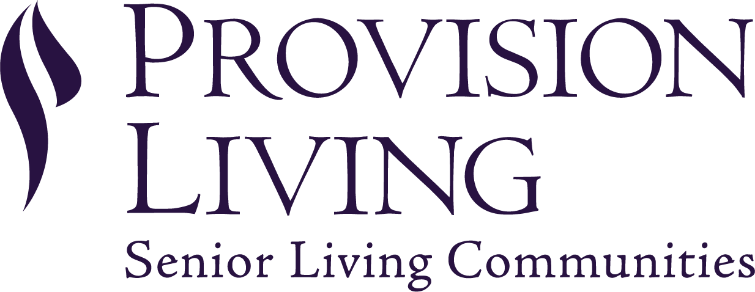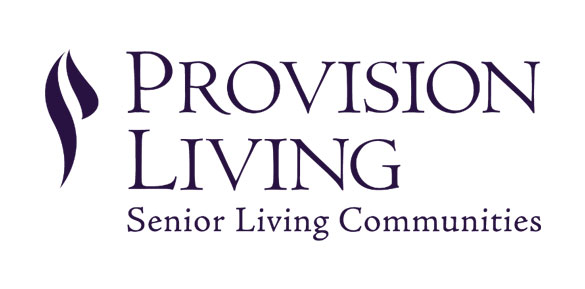Robocalls have been a recurring problem for almost every American who owns a phone. These unwanted phone calls often occur multiple times per day – and if you’re not careful, they could make you the victim of a scam.
Seniors are among the hardest hit when it comes to scam robocalls. They should be extra vigilant in the time of the COVID-19 pandemic, especially when answering a phone call or text message from an unknown number. Scams regarding free COVID-19 testing and treatments as well as stimulus checks have been reported throughout the country.
In order to get a sense for how often Americans receive robocalls and the methods they use to avoid them, we recently surveyed 4,038 people to find out.
Robocall Nuisances
Overall, 65% of respondents reported receiving a robocall at least once per day and 91% said robocalls are becoming more common. Oftentimes these calls are from the same caller who might even call using different phone numbers. Along with the amount of times they call, robocallers also lack limits when it comes to the time of day (or night) they call. In fact, 54% reported receiving a robocall at 9 p.m. or later.
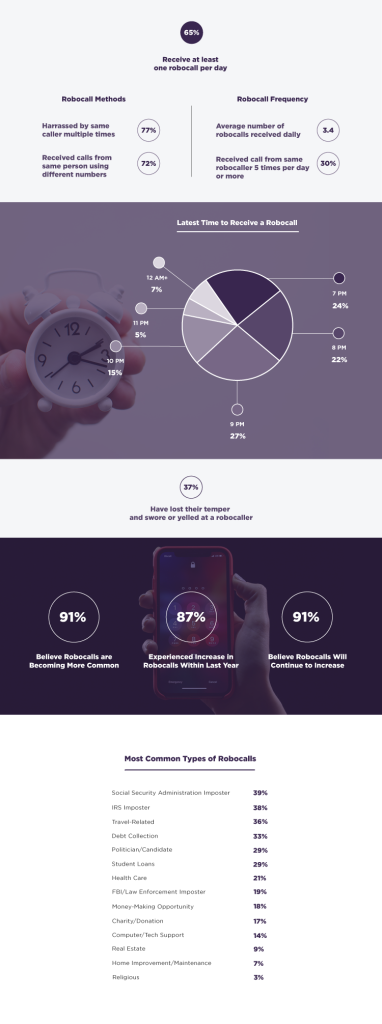
Considering the personal intrusion that many Americans feel when they are pestered by robocalls, it’s no surprise that 37% said they’ve lost their temper and swore or yelled at a robocaller.
Callers claiming to be from the Social Security Administration (39%), Internal Revenue Service (38%), travel companies (36%) and debt collectors (33%) are the most common types of robocalls, according to respondents.
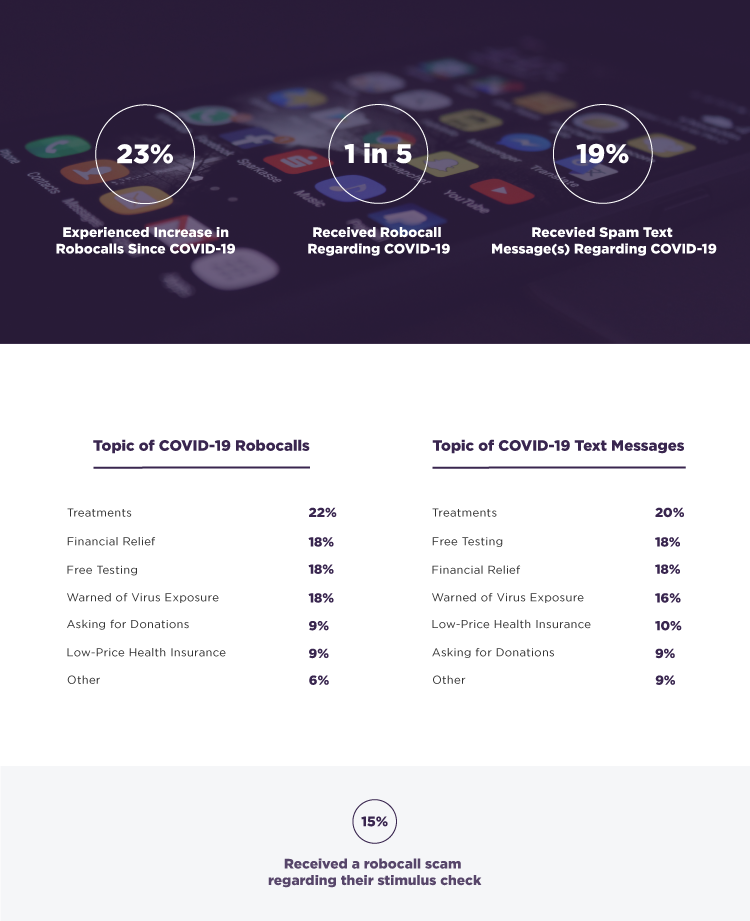
COVID-19 Robocalls And Scams
Unfortunately, many robocallers and scammers have seized on COVID-19 fears to attempt to scam individuals. Nearly a quarter of respondents said they’ve experienced an increase in robocalls since COVID-19 and 1 in 5 people have received a robocall regarding COVID-19.
The most common topics regarding COVID-19 robocalls are calls claiming to provide treatments (22%), financial relief (18%), or free COVID-19 testing (18%). Along with these calls, 15% have received a robocall scam regarding their stimulus check from callers claiming to be from the IRS.
It’s important to remember that the IRS rarely calls Americans, so it’s important to be on your guard if you receive any calls demanding “immediate payment using a specific payment method such as a prepaid debit card, gift card or wire transfer,” according to the IRS. Usually, the IRS mails a bill to any taxpayer who owes taxes before calling.
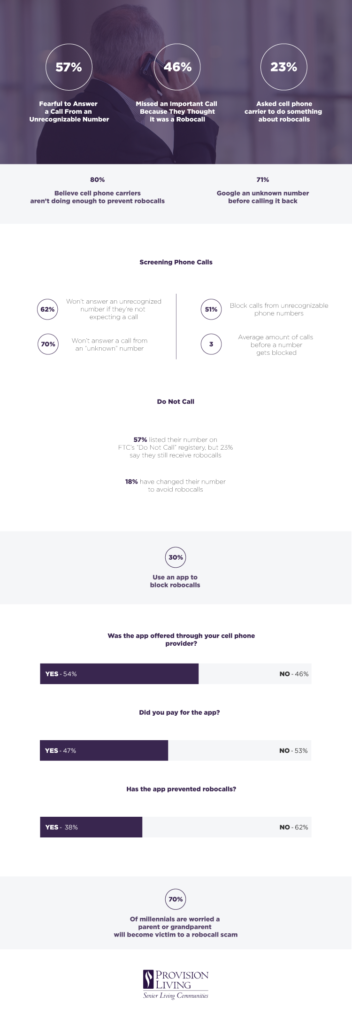
Robocall Prevention
Many are taking matters into their own hands when it comes to preventing robocalls. Most choose to simply not answer the phone at all if it’s a number they don’t recognize and more than half (57%) have listed their number on the FTC’s “Do Not Call” registry.
It’s especially important for seniors to know about these prevention methods. Along with registering their number on the FTC’s “Do Not Call” list, seniors can also install apps on their smartphone, which can help prevent robocalls as well.
Always use your best judgement when you receive a call from an unknown phone number and avoid giving out any personal information.
Methodology
From March 10-14, 2020 and April 28-30, 2020, we surveyed 4,038 people. 47% were male and 53% were female with an average age of 39.
Media
For media inquiries, contact media@digitalthirdcoast.net.
